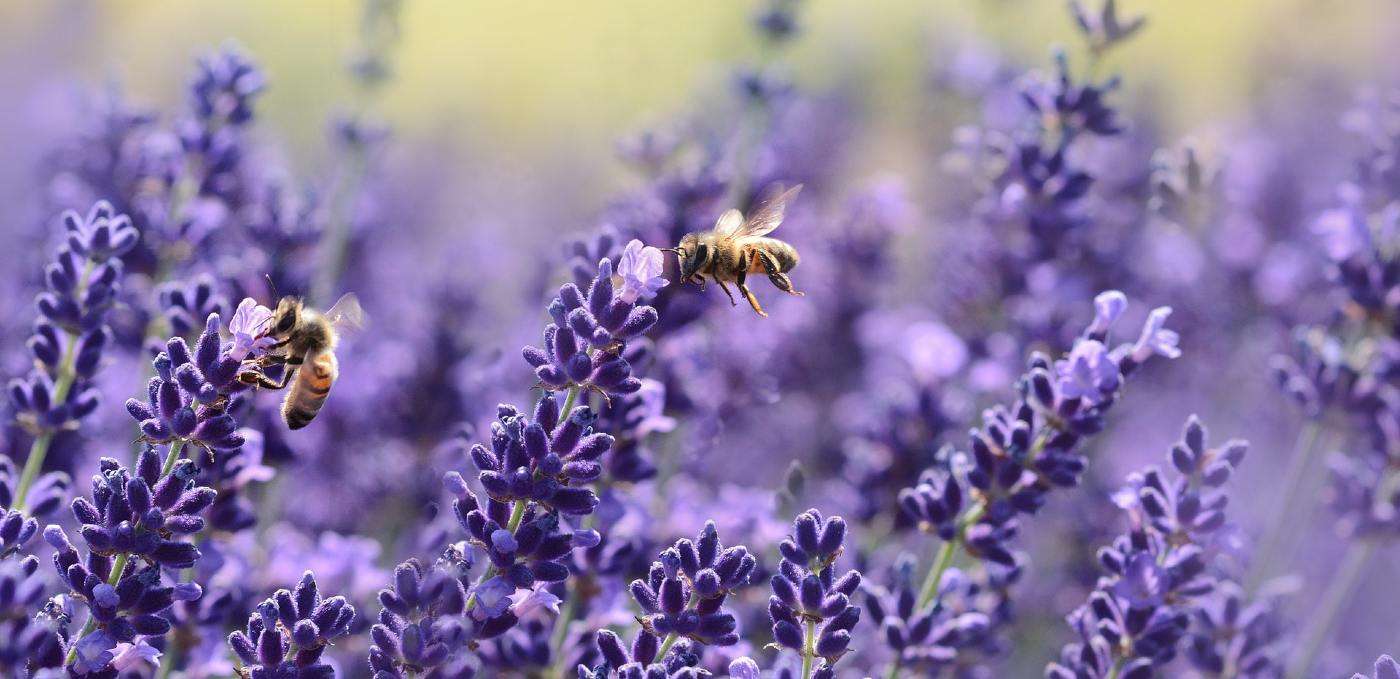Conservation Success for European Bison is 'Living Proof' That Ambitious Biodiversity Targets Work
Passing 6,200, the European wood bison is no longer considered vulnerable by the IUCN in their latest Red List update.

There's been a lot of talk about vaccines these days, but not for bees. But a Cornell student has figured that since our most important pollinators are regularly exposed to lethal pesticides, there ought to be talk about a bee vaccine.
James Webb did more than talk though, he invented one-a pollen-sized microparticle containing a compound that neutralized one of the most commonly used and toxic pesticide bees encounter. Once fed to bees, they demonstrated hugely increased survival rates after being exposed to the pesticide compound malathion.
Beemunnity is a marketable supplement/vaccine for beekeepers that was demonstrated in a study-published in Nature journal-to prevent 100% of bee deaths from malathion (whereas the survival rate of bees exposed to malathion in the control group was 0%).
The enzyme it contains enters the digestive system and breaks down the malathion before it reaches the bee's brain.
The first product was only effective for one major chemical used in agriculture pesticides, but Webb is trying to develop others, as well as have one for wild bee species ready by the end of the year. For example, the same pollen-inspired microparticle technology can be filled with a special oil that soaks up other pesticides like a sponge. The bee leaves the particle behind when it goes to the bathroom, but the pesticides don't return to the environment.
"So far we have not found one pesticide which cannot be captured by the technology," Webb writes.
"I always thought there was a lot of research going into seeing if bees were dying, and the extent to which bees were dying, but not really many solutions," Webb told Adele Peters of Fast Company.
Webb acknowledges this is a last resort, but that until industrial agriculture can get pesticides out of their operations, his products will help beekeepers and enthusiasts alike to protect their bees.
Buzz the Good News Over to Friends on Social Media…
Be the first to comment